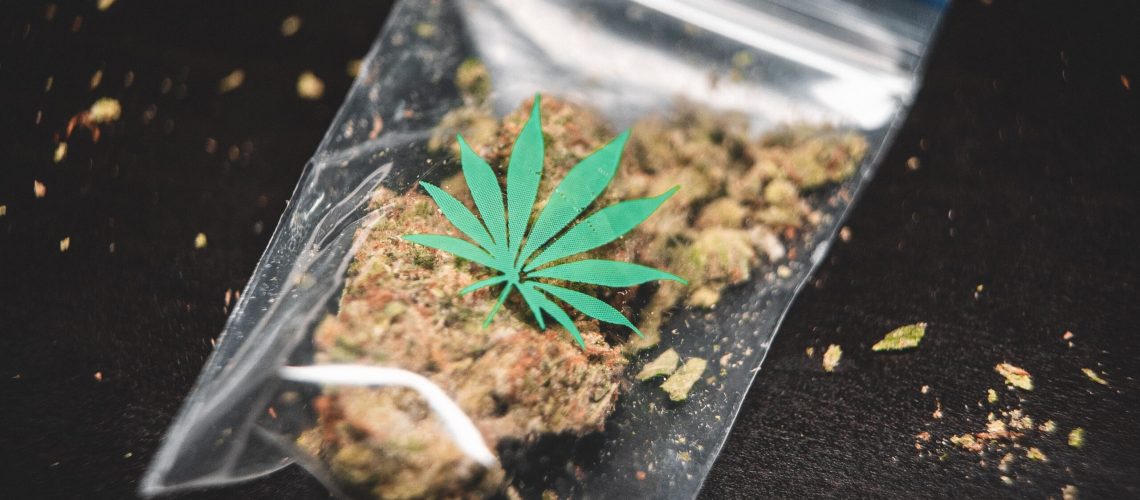Drug Convictions & Financial Aid
The State of Georgia imposes very specific restrictions on high school and college students who are charged with drug-related crimes and their eligibility to receive financial aid (e.g., HOPE Scholarship, HOPE Grants, the HOPE Teacher Scholarship Loan, and the PROMISE Teacher Scholarship Loan).
How Drug Convictions Affect State Financial Aid
While Georgia law specifically prohibits anyone from possessing, selling or distributing marijuana or other illegal drugs, there is a special consequence for students convicted of these crimes. If convicted of a felony drug offense, students at public universities and colleges face suspension and may lose their state loans, grants, and scholarships. Students who attend private universities and colleges will also lose their state financial aid after a conviction for a felony drug offense. Lastly, high school students convicted of a felony drug offense will lose their eligibility to receive the HOPE Scholarship and other financial tools mentioned above.
The loss of state financial aid is effective on the first day of the term, quarter, or semester during which the student was enrolled immediately following the date of conviction. For purposes of this law, it generally doesn’t matter whether the student pleads guilty, pleads nolo contendere, or is sentenced as a first offender (i.e., given deferred adjudication).
How Drug Convictions Affect Federal Financial Aid
If a student is convicted of a felony or misdemeanor that involves possessing or selling illegal drugs, the student may lose or become ineligible to receive Title IV federal financial aid, which includes federal grants, loans, and work study.
A student convicted of possessing drugs is ineligible for federal aid for one year from the date of conviction for a first offense, two years for a second offense, and indefinitely for three or more offenses. A student convicted of ‘selling drugs’ is ineligible for two years from the date of conviction for a first offense and indefinitely for two or more offenses.
If you have any questions regarding this blog, please feel free to contact our attorneys by either leaving a comment or submitting a contact form.










